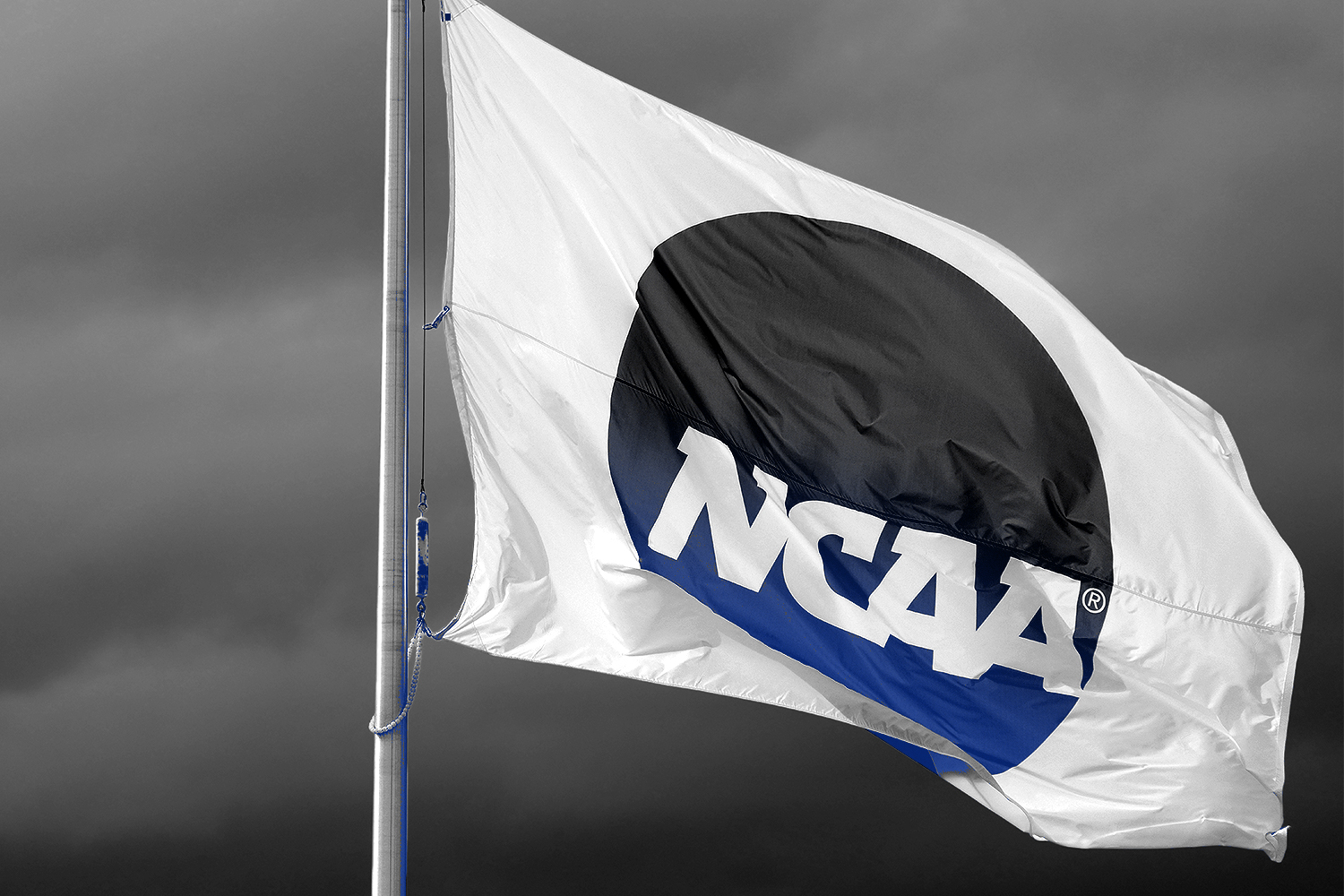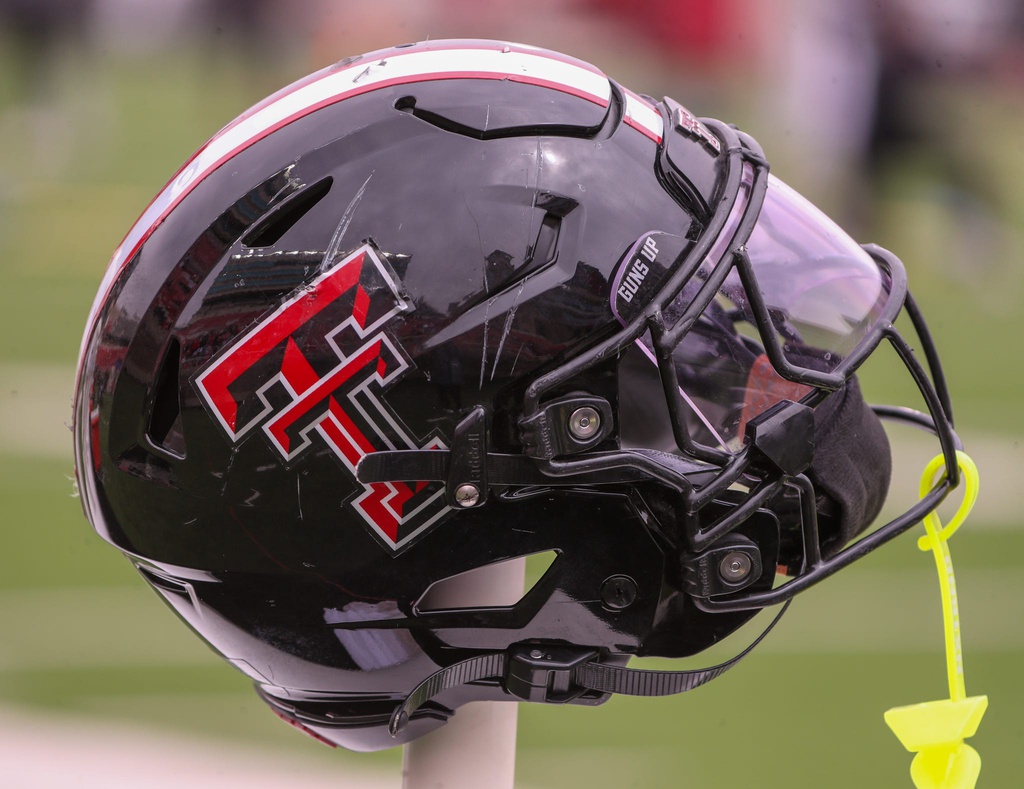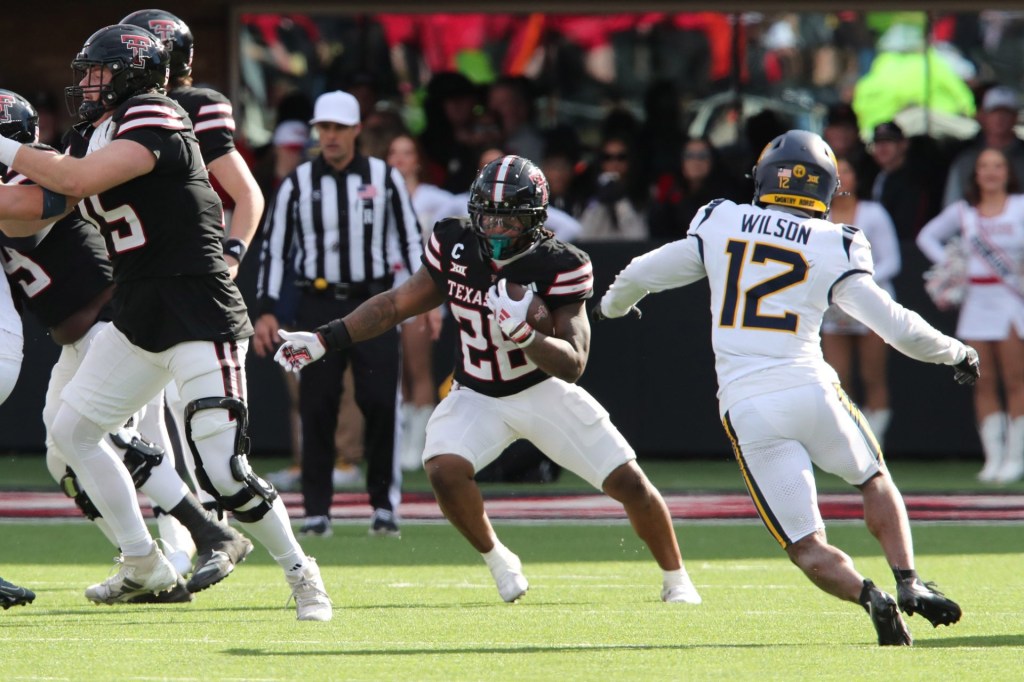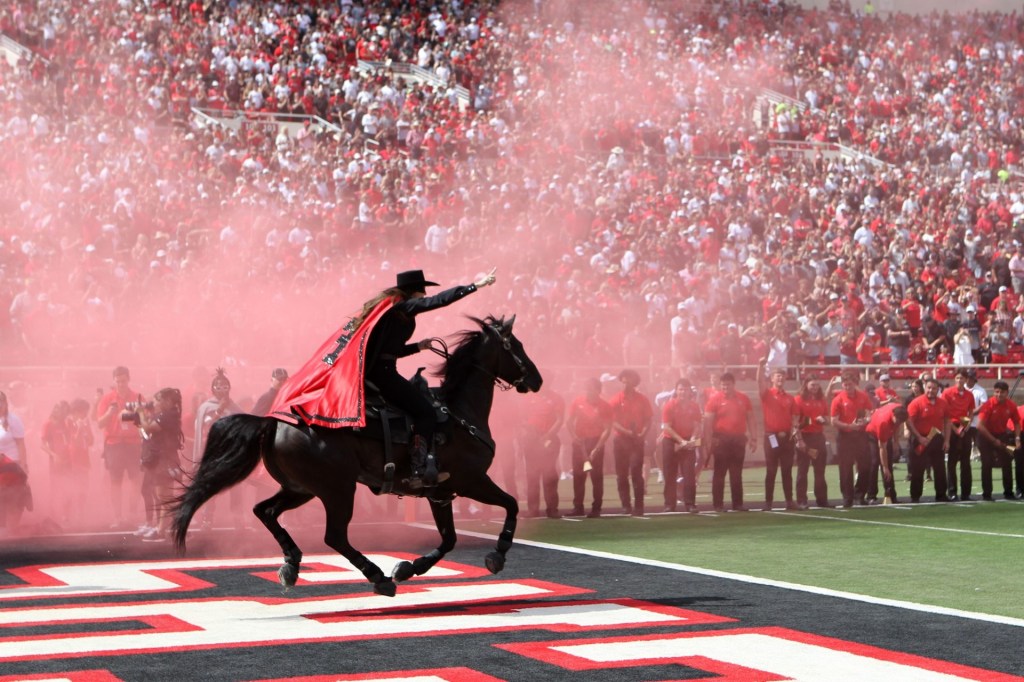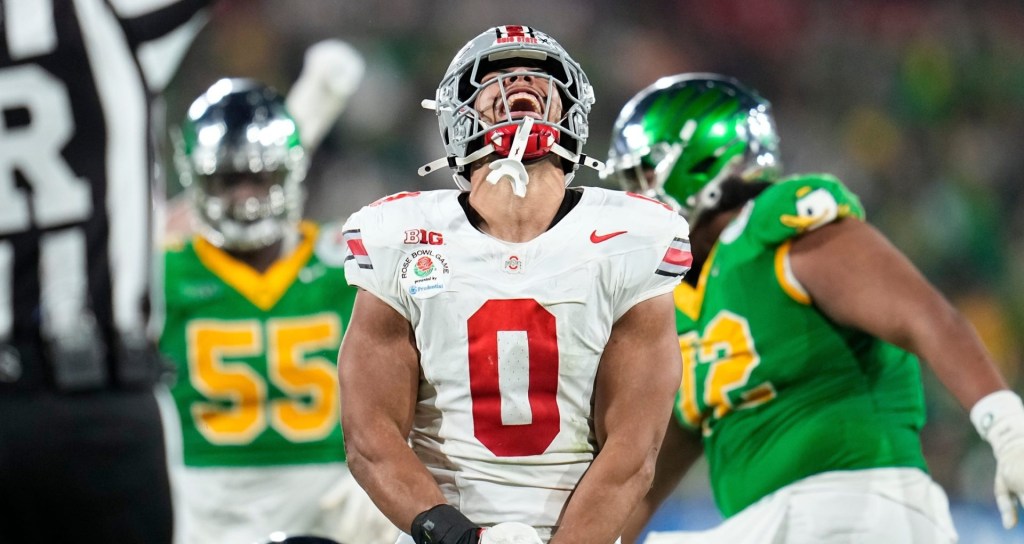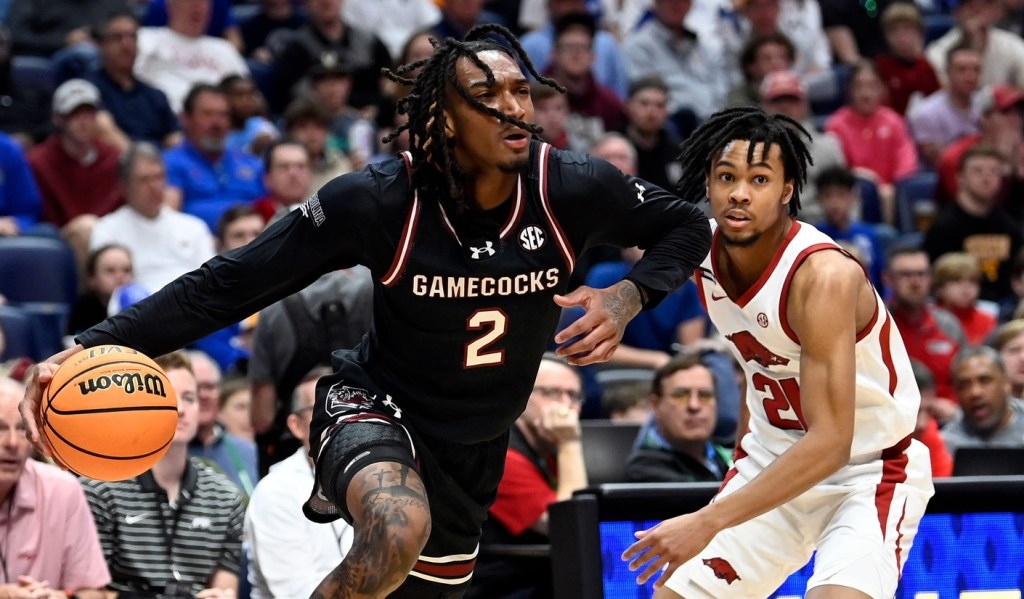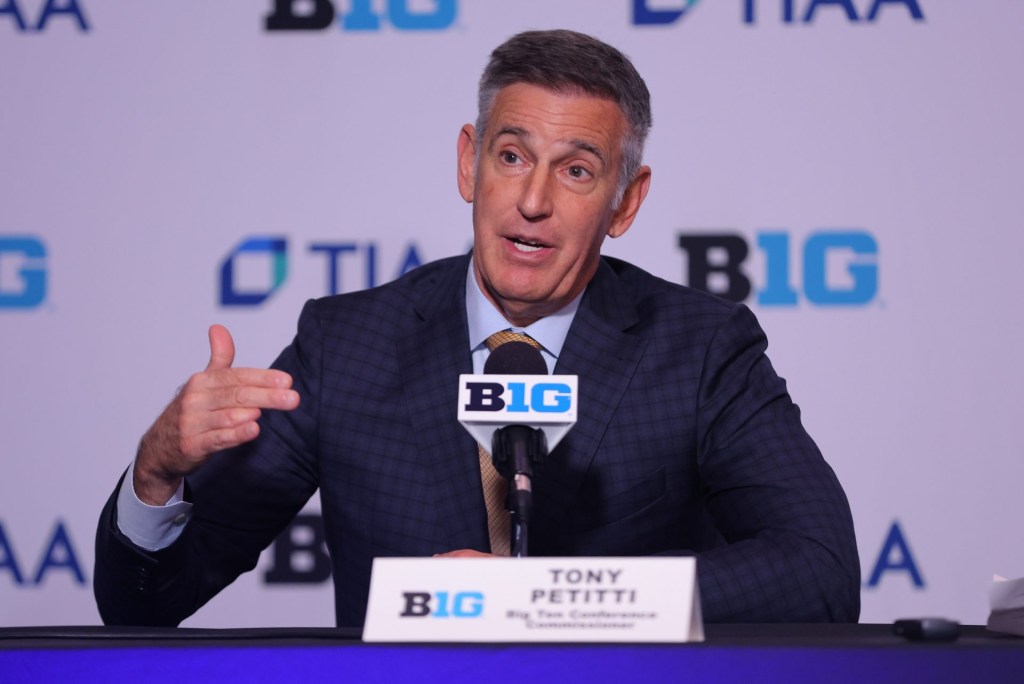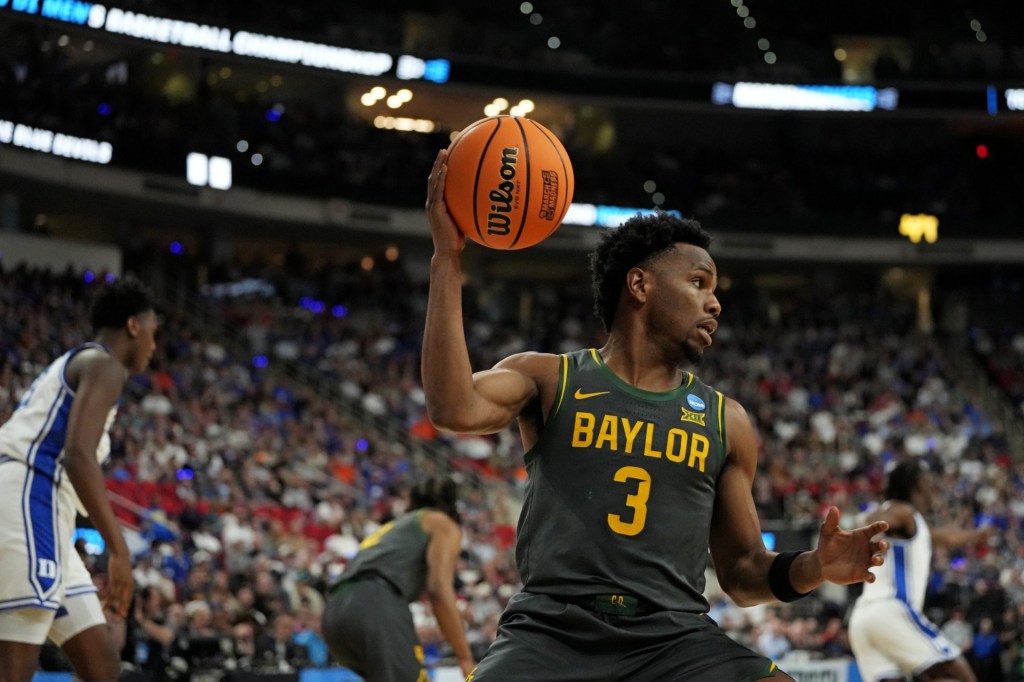Despite not breaking any laws or engaging in pay for play, Cockburn is now the first athlete to be punished for NIL activities during the NIL era.
The NCAA’s indictment follows a historic pattern: It investigates and dishes out punishments for even the most minor eligibility infractions.
“While the NCAA did not have to punish him, it may have chosen to act for a couple reasons: for consistency’s sake … and for control,” Miettinen said.
But suspending Cockburn could be the NCAA’s last hurrah as decades of power over athletes slip away.
- The Alston decision exposed the NCAA to further lawsuits if it imposes strict rules on athlete compensation, including NIL.
- As a result, the NCAA couldn’t publish detailed NIL rules, so individual schools or states now govern the industry.
- Since the NCAA couldn’t write rules about current NIL deals, it doesn’t have grounds to punish them.
The NCAA could continue investigating athletes who may have engaged in NIL before July 1 if it wants to — since that’s all it has.
Even that is a grey area now, though. Cockburn profited long after both school and NCAA officials had agreed NIL is an athlete’s economic right.
Miettinen doesn’t expect the NCAA to keep punishing retroactive NIL violations, though. She thinks Cockburn was an exception used to serve the NCAA’s own purposes.
“Unfortunately for Cockburn, being a hugely popular and talented athlete may have placed a target on his back,” Miettinen said.
